Behind The Scenes: How Television Showrunners and Stars Build Complex Characters

There is so much work required in storytelling before any script is written – whether they are for film or television. An ensemble of key creatives share their insights into how they write charactesrs in their highly-successful television shows. Let’s dive in.
The Boys
Eric Kripke (Creator, Showrunner, Executive Producer), Antony Starr (Actor: Highlander)
Eric Kripke, the mastermind behind The Boys, kicks off the conversation by addressing his philosophy of not “suffocating the mythology of the source material.” When it comes to a show as rich and detailed as The Boys, he stresses the importance of collaboration with actors, especially with a character as complex as Homelander, played by Antony Starr.
Kripke sees it as a balance: his job is to “know the chessboard,” understanding the overarching story, while the actors “know the piece.” This allows for a creative back-and-forth where actors can bring surprising and unexpected layers to their roles. He praises Starr’s willingness to “walk on that high wire,” giving him the space to explore Homelander’s intricate psyche.
Antony Starr highlights the constant exploration of Highlander’s humanity as being his “Kryptonite.” He explains that from the beginning, they wanted to avoid a “mustache-twirling” villain, instead create a “psychopathic version of Superman” grounded in internal conflict.
Starr emphasizes that Homelander, despite his physical strength, is “the weakest character on the show” due to his inescapable humanity. He cherishes the rare opportunity to play a role that demands such a wide range of emotions—from crying and screaming to brutal violence—all infused with unexpected humor. It all comes down to the “special chemistry” of the cast.
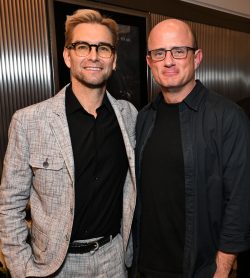
Antony Starr and Eric Kripke. Photo by Michael Kovac/ Getty Images for Sony Pictures Television
Cobra Kai
Josh Heald (Co-Creator, Co-Showrunner, Executive Producer), William Zabka (Actor: Johnny Lawrence, Executive Producer)
William Zabka, who has embodied Johnny Lawrence for decades, reflects on the bittersweet experience of reaching the end of a show, comparing it to a “life force that’s slowly starting to get out of you.” He stresses the importance of “living in the moment” and allow the emotions of saying goodbye will come later.
Josh Heald spoke to the surreal experience of building Cobra Kai around a character he’d known and loved since childhood. Heald shares that his long-standing friendship with Zabka helped build trust from day one, though they still had to earn more as they approached Johnny’s character in a more “aggressive way” than Zabka might have initially hoped. Heald explains that as viewers, they knew Johnny intimately and aimed to build his character slowly, starting him off “a little nasty” to allow for a compelling arc. Somewhere in Season 1, they found their “pocket” and realized they were all on the same page.
Zabka admits that there was a moment in Season 1 when he realized “Johnny wasn’t mine anymore.” He had been protective of the character for over 30 years, but recognizes the brilliance of the showrunners’ vision. He recalled a deleted scene that pushed him out of his comfort zone, forcing him to embrace a more broken-down, unconventional Johnny. This initial discomfort eventually led to a breakthrough, as he saw how the team was “breaking him down” to build him back up as an “anti-hero.”
Johnny’s “touchstone” for Zabka was holding onto the original movie as his backstory. He saw Johnny as “a good kid who was misguided,” a “fatherless kid who fell into the wrong hands.” In Cobra Kai, Johnny is a “caveman who’s been frozen in time,” fighting to find his “best self” by overcoming the “program downloaded into him from his instructor.”
“They gave him a beer and no friends. Not even a fish. Living in his apartment watching old 80s movies.”
Zabka aimed to play Johnny with a “heart of gold” despite his unconventional actions, which he believes made him endearing. This deep dive into Johnny’s reprogramming and growth throughout the seasons has been a career highlight, turning the quintessential 80s “asshole” into a character people now root for.
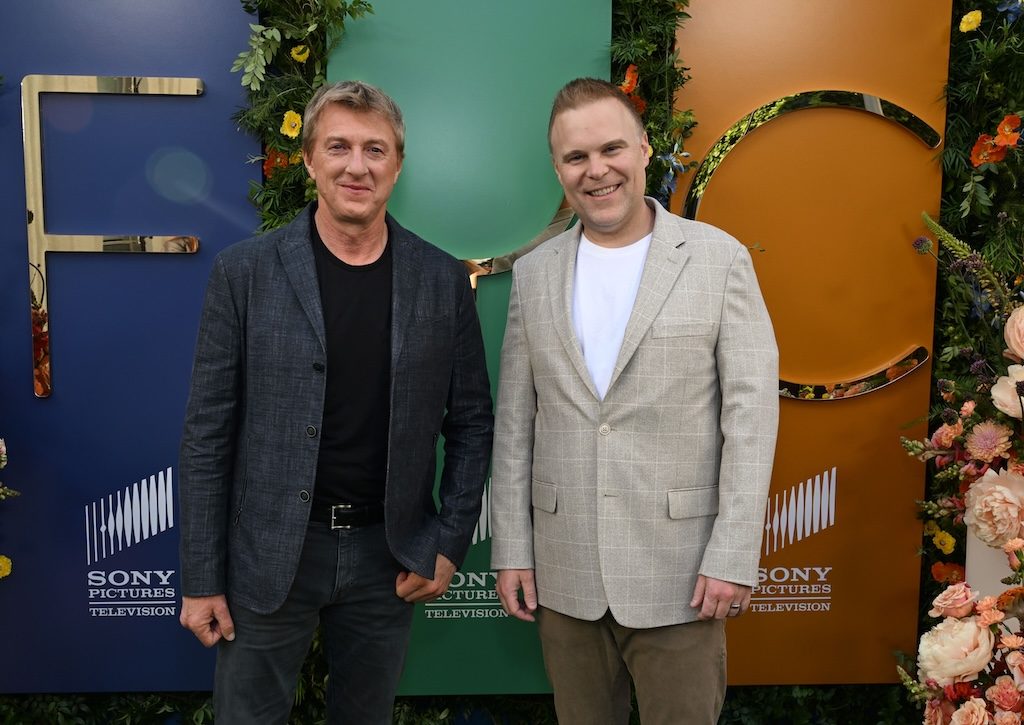
William Zabka and Josh Heald. Photo by Michael Kovac/ Getty Images for Sony Pictures Television
Dark Matter
Blake Crouch (Creator, Showrunner, Executive Producer), Jennifer Connelly (Star: Daniela), Joel Edgerton (Co-Star: Jason, Executive Producer)
Blake Crouch, as the author of the source material, spoke about the unique experience of seeing his characters come to life through actors. He noted that as a novelist, you “own the characters completely,” a solitary process. However, seeing Joel Edgerton and Jennifer Connelly embody Jason and Daniela felt like “having your kids grow up and go off to school.” He described it as “the most exciting and rewarding thing,” watching them make “beautiful choices” he never would have imagined.
Joel Edgerton emphasized that writers truly “own the characters,” and actors rely on the script as “guardrails” for their performance. He views the process as Blake “building a car,” and then actors “get to drive it.” While acknowledging that a director might not always like their driving, Edgerton stresses his role as a participant, not an owner, of the character. Edgerton also highlighted playing two versions of the same man, subtly differentiating them by life experience rather than outright “bad guy” tropes, aiming to find the common nature between them despite their conflicting actions.
Jennifer Connelly, whose character Daniela was expanded in the television series, found immense value in the novel as a “journal for a character and her inner life.” She appreciated having Blake on set as both screenwriter and showrunner, allowing for direct collaboration, consultation and insight. Connelly embraced the evolution of her character, particularly enjoying the extended time spent with Daniela in Season 2.
Her touchstone for Daniela was the marriage at the story’s core. She spent a lot of time thinking about this “portrait of a marriage” navigating “ordinary issues in extraordinary ways.” Daniela, having not grown up with stability, finds her anchor in the love and partnership with Jason, which becomes central to her identity and how she navigates her world.
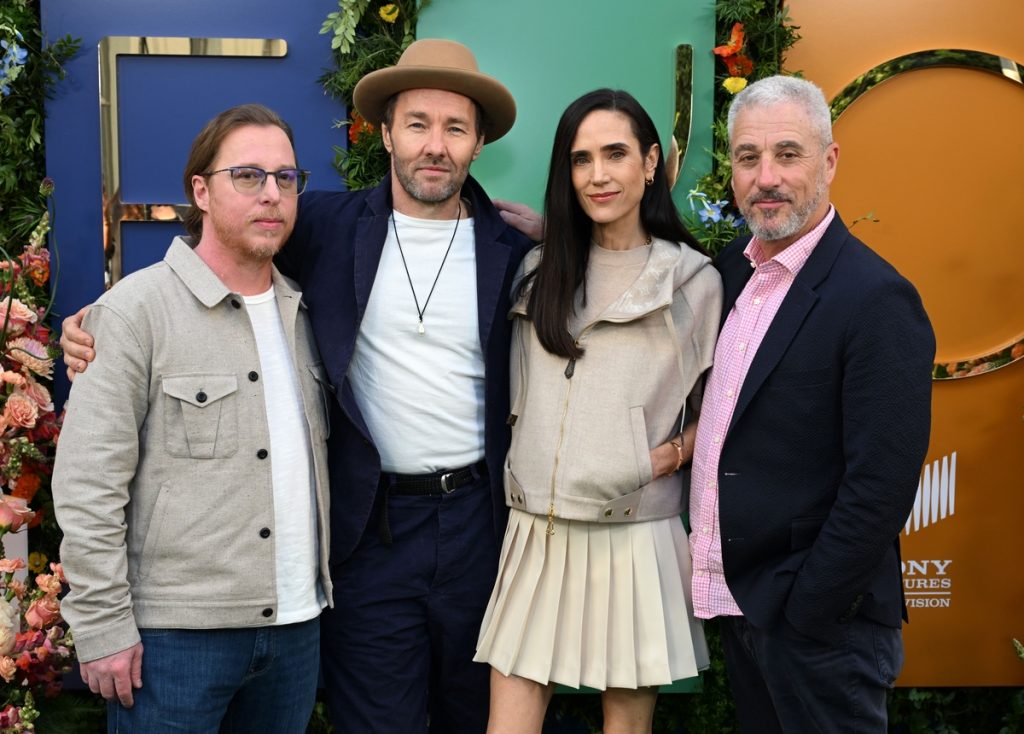
Blake Crouch, Joel Edgerton, Jennifer Connelly and Matt Tolmach. Photo by Michael Kovac/Getty Images for Sony Pictures Television
The Last of Us
Craig Mazin (Co-Showrunner, Executive Producer), Neil Druckmann (Co-Showrunner, Executive Producer), Isabela Merced (Star: Dina)
Isabela Merced, portraying Dina, described working on The Last of Us as “the most fun in my whole life.”
Craig Mazin discussed expanding characters from the game, noting that the show often revolves around pairs, emphasizing relationships over individual character. He notes that Dina’s humor, which Isabela embodies, is a blend of his and Neil Druckmann’s, as well as Hallie Gross, who wrote the second game.
Mazin also shared that as he writes during shooting, the editors become crucial “first people” to react to the performances, seeing them as viewers do. He felt a shared “secret” with Isabela about their work that he couldn’t wait to share with audiences.
Neil Druckmann, who also co-created the game, acknowledges the unique challenge of having a second cast reinterpreting characters he’d previously worked with. He admitted to a sense of guilt, but emphasized his directive to the actors: “Do not copy. Make it your own. Really own this.” This philosophy, he explained, led to significant changes in both the adaptation and the performances, resulting in a “different Dina” that was “brilliant.”
Isabela Merced’s “touchstone” for Dina was often drawing from people she loves in her own life, seeing parts of herself and them in the characters she portrays. For Dina specifically, she found herself “channeling my mom a lot.” She notes Dina’s calculated yet caring and maternal nature, connecting it to her mother’s inspiring emotional depth.
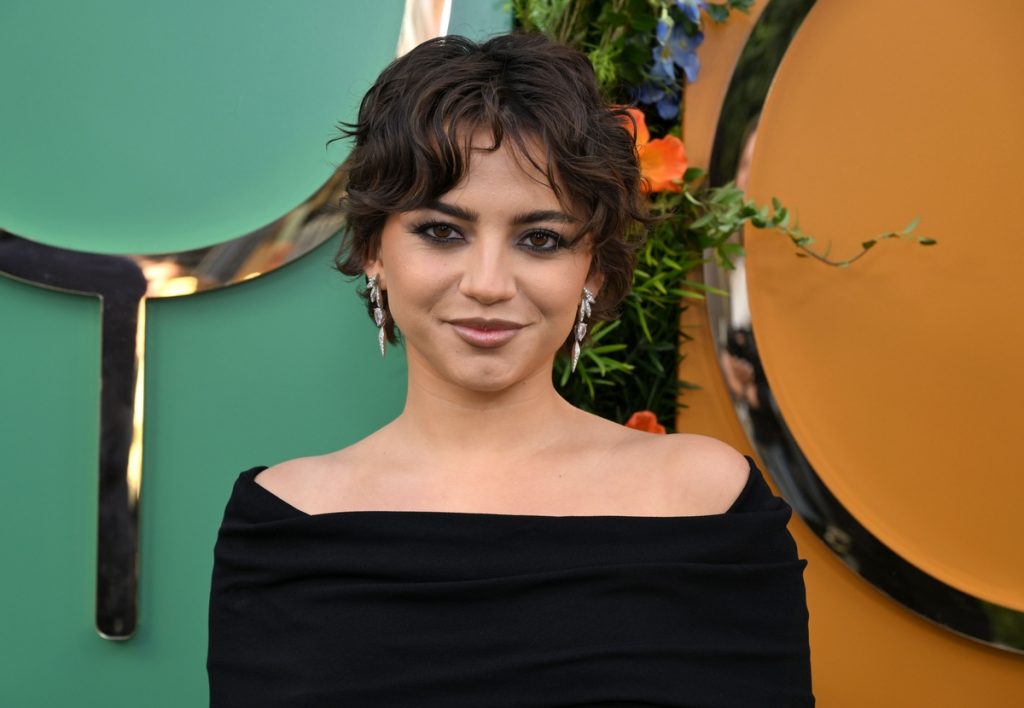
Isabela Merced. Photo by Michael Kovac/ Getty Images for Sony Pictures Television
Doc
Panelists: Hank Steinberg (Executive Producer), Barbie Kligman (Showrunner, Executive Producer), Scott Wolf (Star)
Scott Wolf discussed the unique experience of playing an antagonist in Doc, a marked departure from his usual heroic roles. He appreciated the opportunity to explore a “murkier,” incredibly complicated character. Wolf highlights the tension created by playing a “nice guy” who commits to doing “despicable, horrible things,” making the audience question their reactions. He refers to his character as an “accidental villain”—a good person, doctor, and family man who makes a terrible mistake, leading to a snowball effect of bad choices. This allows him to play a character with “redemptive qualities” who is forced into malevolent actions.
Hank Steinberg and Barbie Kligman explain that Scott Wolf was chosen precisely because of his “nice type face,” which subverts viewer expectations and prevents the character from being a “moustache-twirling” villain. Kligman adds that the character’s backstory, including having a bipolar son, provides a reason for his distraction and subsequent poor choices, spiraling him into behaving like a “cornered rat.”
Scott Wolf’s “touchstone” for his character began with the script and the character’s fundamental drawing. He focused on the idea that even antagonists don’t see themselves as purely evil.
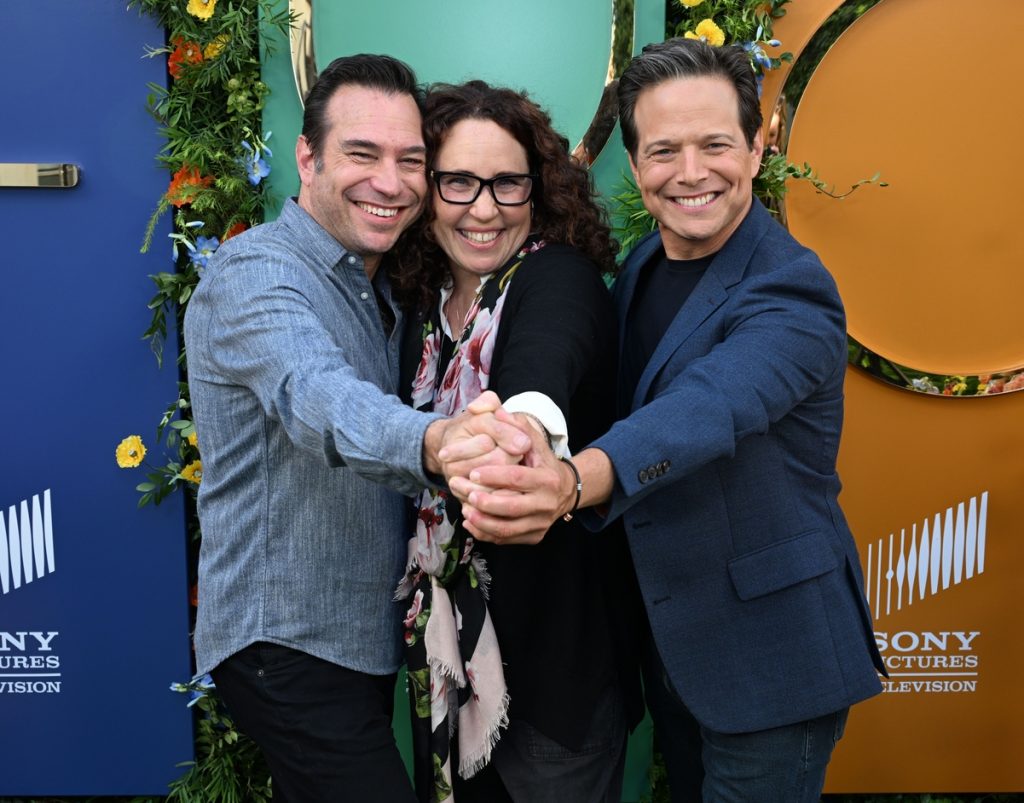
Hank Steinberg, Barbie Kligman and Scott Wolf Photo by Michael Kovac/ Getty Images for Sony Pictures Television
Memorable Takeaways:
The Boys
Eric Kripke: “Writers know the chessboard; actors know the piece.”
Antony Starr: Homelander’s greatest weakness is his humanity, not his power.
Cobra Kai
William Zabka: “Johnny isn’t mine anymore”—acknowledged letting go of creative control to trust the showrunners.
Josh Heald: Deliberately started Johnny’s arc with flaws to build a richer redemption story.
Recast Johnny as a “frozen caveman” working toward healing and self-awareness.
Dark Matter
Blake Crouch: Transitioning from novelist to showrunner felt like sending kids off to school.
Joel Edgerton: Portraying two versions of one man asked deeper philosophical questions about choice and identity.
Jennifer Connelly: Focused on portraying the “portrait of a marriage” at the story’s core, giving emotional depth to sci-fi.
The Last of Us
Isabela Merced: Drew inspiration from her mother to inform Dina’s maternal strength.
Craig Mazin: Focused on character relationships over spectacle
Neil Druckmann: Encouraged actors to reimagine, not replicate, their game counterparts.
Doc
Scott Wolf: Played a morally conflicted doctor—“an accidental villain.”
Hank Steinberg & Bobby Flayman: Used Wolf’s “nice guy” image to subvert expectations and craft a layered antagonist.
Join the Discussion!
Related Articles
Browse our Videos for Sale
[woocommerce_products_carousel_all_in_one template="compact.css" all_items="88" show_only="id" products="" ordering="random" categories="115" tags="" show_title="false" show_description="false" allow_shortcodes="false" show_price="false" show_category="false" show_tags="false" show_add_to_cart_button="false" show_more_button="false" show_more_items_button="false" show_featured_image="true" image_source="thumbnail" image_height="100" image_width="100" items_to_show_mobiles="3" items_to_show_tablets="6" items_to_show="6" slide_by="1" margin="0" loop="true" stop_on_hover="true" auto_play="true" auto_play_timeout="1200" auto_play_speed="1600" nav="false" nav_speed="800" dots="false" dots_speed="800" lazy_load="false" mouse_drag="true" mouse_wheel="true" touch_drag="true" easing="linear" auto_height="true"]








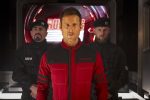

You must be logged in to post a comment Login